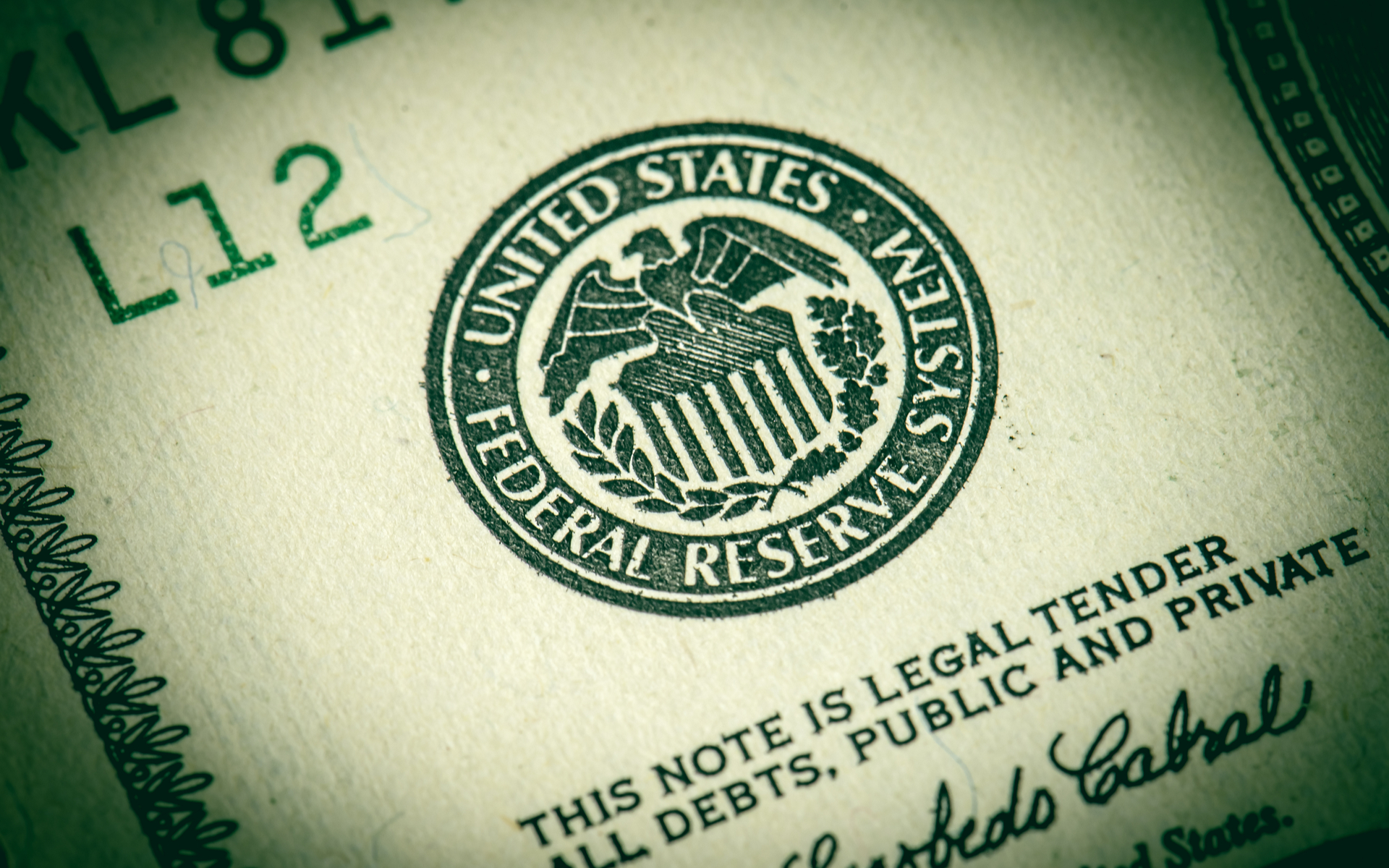PALO ALTO, Calif. (Reuters) - The Federal Reserve is looking at a broad variety of issues around digital payments and currencies, consisting of policy, style and legal considerations around potentially releasing its own digital currency, Guv Lael Brainard stated on Wednesday. Brainard's remarks suggest more openness to the possibility of a Fed-issued digital coin than in the past." By transforming payments, digitalization has the potential to provide greater worth and convenience at lower cost," Brainard said at a conference on payments at the Stanford Graduate School of Organization.
Central banks worldwide are discussing how to handle digital finance innovation and the dispersed ledger systems utilized by bitcoin, which promises near-instantaneous payment at possibly low cost. The Fed is establishing its own day-and-night real-time payments and settlement service and is currently examining 200 remark letters submitted late in 2015 about the proposed service's design and scope, Brainard stated.

Less than 2 years ago Brainard told a conference in San Francisco that there is "no engaging showed requirement" for such a coin. But that was before the scope of Facebook's digital currency ambitions were commonly understood. Fed officials, including Brainard, have raised concerns about customer defenses and information and privacy risks that might be positioned by a currency that could enter use by the third of the world's population that have Facebook accounts.
" We are collaborating with other main banks as we advance our understanding of central bank digital currencies," she said. With more countries checking out releasing their own digital currencies, Brainard stated, that adds to "a set of reasons to also be ensuring that we are that frontier of both research study and policy advancement." In the United States, Brainard stated, concerns that require study include whether a digital currency would make the payments system safer or simpler, and whether it might present monetary stability threats, consisting of the possibility of bank runs if money can be turned "with a single swipe" into the reserve bank's digital currency.
To counter the monetary damage from America's Have a peek at this website unmatched national lockdown, the Federal Reserve has taken unprecedented actions, including flooding the economy with dollars and investing directly in the economy. Most of these moves received grudging acceptance even from numerous Fed skeptics, as they saw this stimulus as needed and something just the Fed might do.
My brand-new CEI report, "Government-Run Payment Systems Are Risky at Any Speed: The Case Against Fedcoin and FedNow," details the dangers of the Fed's existing plans for its FedNow real-time payment system, and propositions for main bank-issued cryptocurrency that have actually been called Fedcoin or the "digital dollar." In my report, I discuss concerns about privacy, information security, currency adjustment, and crowding out private-sector competitors and development.
Proponents of FedNow and Fedcoin state the federal government should produce a system for payments to deposit quickly, instead of motivate such systems in the economic sector by lifting regulatory barriers. But as noted in the paper, the economic sector is offering a seemingly endless supply of payment technologies and digital currencies to resolve the problemto the level it is a problemof the time space between when a payment is sent out and when it is gotten in a checking account.
And the examples of private-sector innovation in this area are lots of. The Cleaning Home, a bank-held cooperative that has been routing interbank payments in different kinds for more than 150 years, has actually been clearing real-time payments since 2017. By the end of 2018 it was covering 50 percent of the deposit base in the U.S.